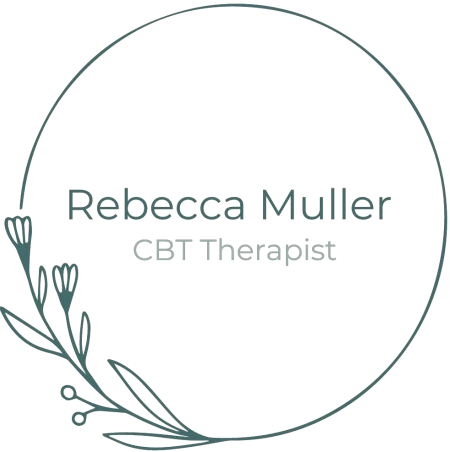As an online therapist based in Argyll and Bute, I've worked with many clients who have experienced traumatic bereavement. This unique form of loss can be particularly challenging, often leading to a complex interplay of grief and post-traumatic stress disorder (PTSD). Today, I want to shed some light on this difficult experience and offer hope for those who may be struggling.
Traumatic bereavement can occur when a loss is sudden, unexpected, or involves traumatic circumstances. Unlike uncomplicated grief, which can follow a more predictable pattern, traumatic bereavement can lead to intense, prolonged reactions that may include symptoms of both grief and PTSD.
The intersection of loss, grief, and PTSD in traumatic bereavement can be overwhelming. Content triggers can remind you of the loss, and you might find yourself experiencing not only the deep sadness and longing associated with grief but also symptoms of PTSD such as intrusive memories, hypervigilance, or avoidance of reminders of the loss. This combination can make the healing process particularly as your brain is unable to accept the permanence and integrate the loss. And you can become stuck here in the past.
Several factors can contribute to the development of PTSD following a traumatic loss. These may include the sudden or violent nature of the death, witnessing the death or its aftermath, or having a pre-existing mental health condition. It's important to remember that experiencing PTSD symptoms after a traumatic loss is not a sign of weakness, but a normal response to an abnormal situation.
The impact of traumatic bereavement can ripple through all aspects of your life. You might find yourself struggling with intense emotions, physical symptoms like fatigue or pain, and difficulties in your relationships or work life. It's common to feel as though your world has been turned upside down. It’s not uncommon to notice hoarding behaviours or the need to seek closeness with your loved one such as forcing yourself to visit the grave every day.
While the journey through traumatic bereavement is undoubtedly difficult, there is hope. Healing is possible, although it often takes time and patience. Seeking professional help can be a crucial step in this process. Trauma-focused therapies such as EMDR or CBT, combined with grief counselling, can be particularly effective in addressing both the traumatic and grief aspects of your experience.
Self-care practices, support groups, and community resources can also play a vital role in your healing journey. Remember to be patient and compassionate with yourself as you navigate this challenging time.
If you're struggling with traumatic bereavement, know that you're not alone. The path to healing may feel long and difficult, but with the right support and resources, it is possible to find your way through. Your grief may always be a part of you, but it doesn't have to define you.
If you'd like to learn more about how I can support you through your journey of traumatic bereavement, please don't hesitate to reach out. I'm here to help you navigate this challenging time and find a path towards healing and hope.
